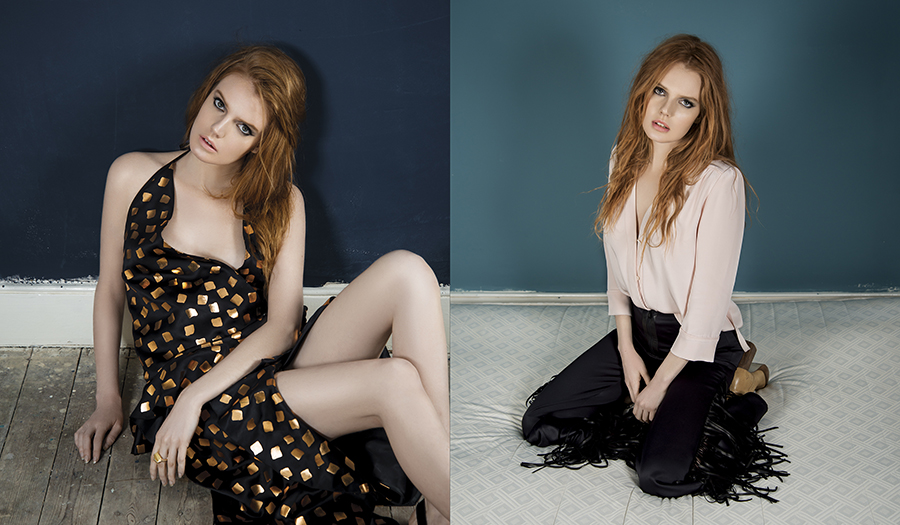You’ll have access to high-end facilities and equipment such as photographic studios and industry standard cameras, film processing suites, black and white and colour darkrooms as well as digital processing suites.
The course channels aesthetic understanding and creative development through industry-linked project briefs. We offer strong links with practitioners and the course features portfolio reviews, visiting lecturers, exhibitions and studio visits.
The course promotes work placements and current students on the Photography BA have already obtained, with the support of our tutors, work experience with Espero Studio and Cityscapes Digital.
Each year, students are offered a yearly trip to Paris Photo (additional fees apply).
Assessment
There are no exams on this course. Instead, you’ll be assessed through practical and written coursework at the end of each year and throughout the course. You’ll be given valuable verbal and written feedback as your work progresses.
You’ll be assessed through a combination of diagnostic, formative and summative methods, and you’re expected to participate reflectively in assessment. Self-evaluation is an aspect of a number of modules. You’ll use the criteria given to reflect upon your development on the module. This, together with the assessment teams written assessment report, forms the basis at Levels 4 and 5 for discussion at assessment feedback sessions.
Formative assessment is built into all modules and is designed to provide you with feedback on progress and inform development. You’re expected to maintain appropriate records of your work as it develops within each module, throughout all levels and to take part in regular tutorial, critique and seminar discussions regarding your own and others’ coursework. These sessions have a diagnostic function aimed at enabling you to meet the intended learning outcomes of each module.
Summative assessment provides a measure of achievement made in respect of performance in relation to learning outcomes. On completion of each level, you’ll be required to submit a portfolio of your work on each module together with all supporting material. Assessment criteria reflect the learning outcomes for each level.
After the course
At a time when the skills of flexible working are in demand, photography graduates are well-positioned to succeed in the contemporary world of work.
Graduates of the Fashion Photography BA degree have a high rate of employability, and success stories include roles in picture editing, post-production, fashion and editorial photography, galleries, magazines, modelling agencies, picture libraries and in technical and creative industries.
Careers open to graduates of this course include fashion and the visual arts as freelance or in-house photographers, magazine editors, art directors, media and advertising professionals as well as careers in further and higher education.
You could also progress to further study at MA and PhD level.




















